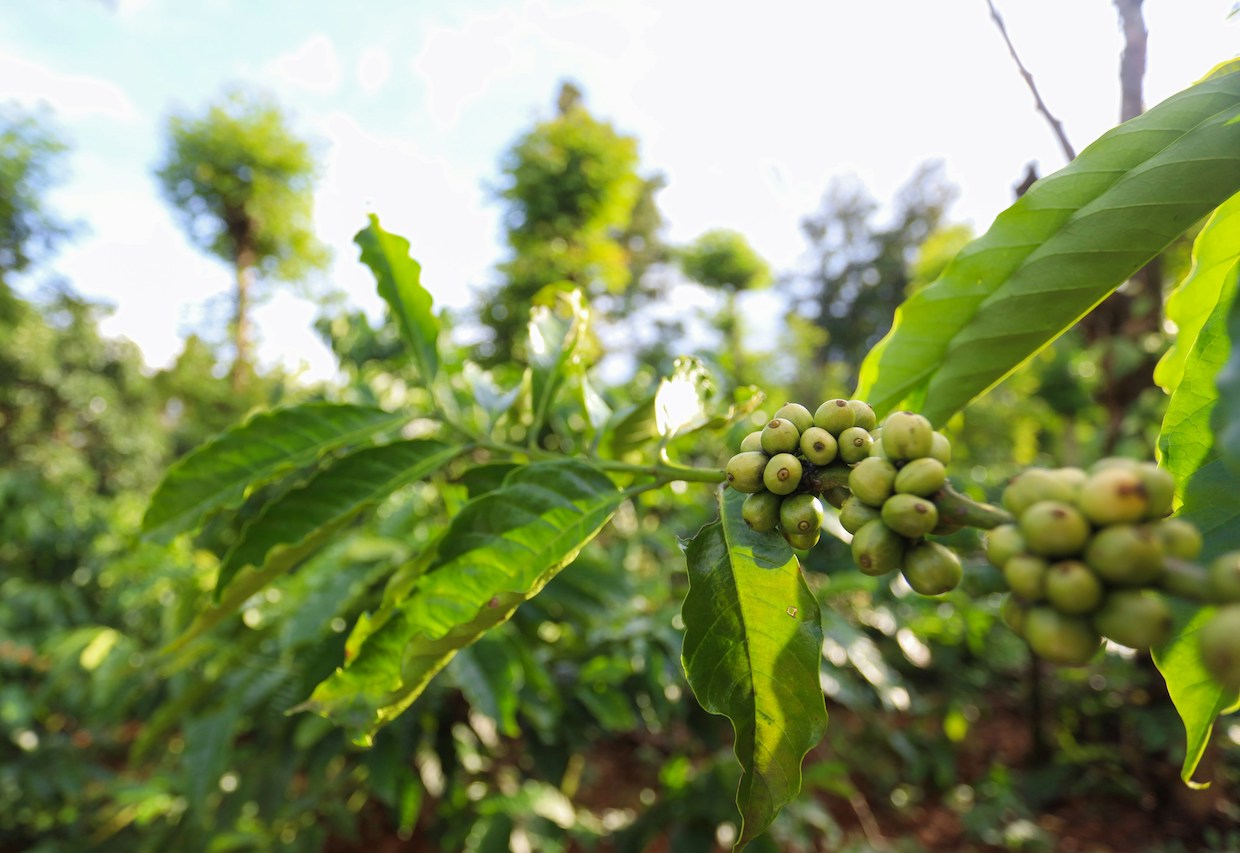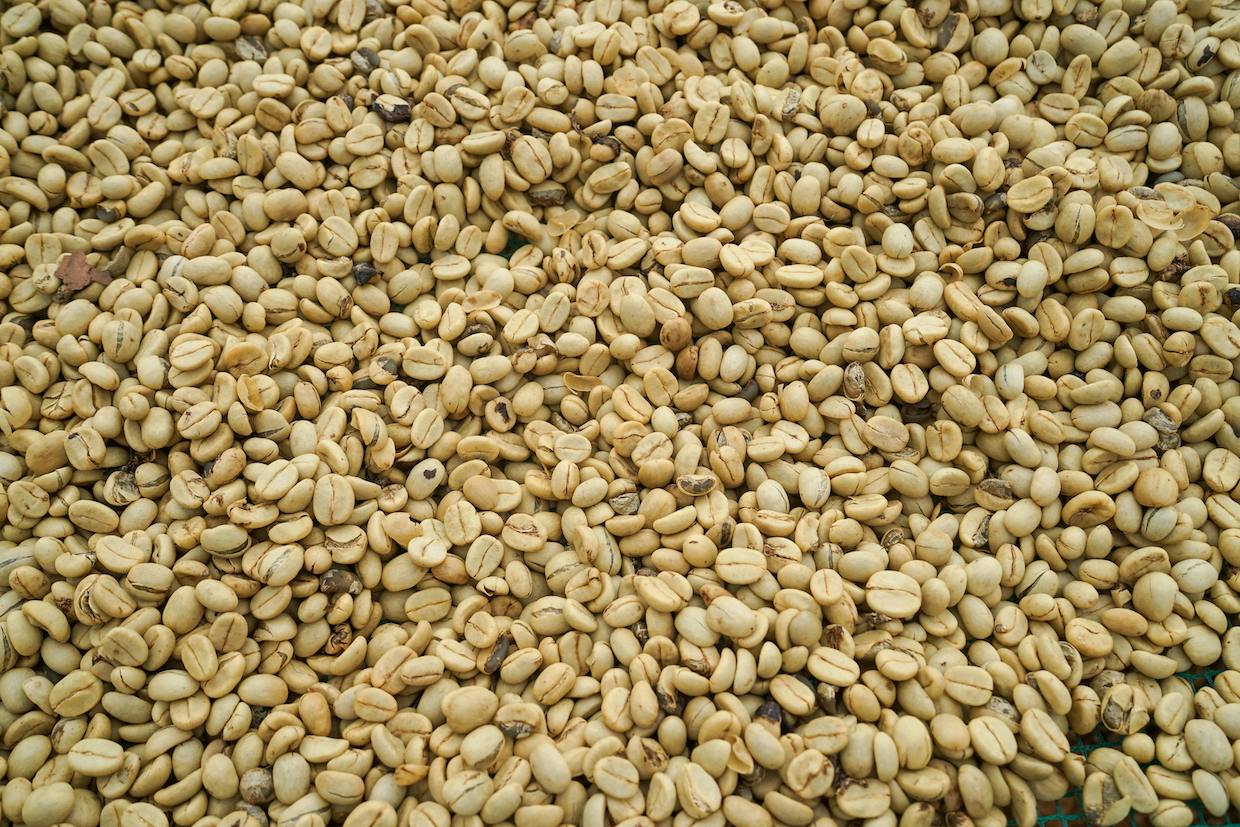Speaking to reporters at a press gaggle on Air Force One early yesterday, U.S. President Donald Trump directly addressed tariffs on coffee for the first time, saying, “We want to get coffee down a little bit.”
The comment marks the first time the president has explicitly mentioned coffee in his tariff policy, which has reshaped U.S. green coffee sourcing from top suppliers such as Brazil, Vietnam and Colombia.
Video shows Trump discussing his golf game before shifting to trade relations with Vietnam, where a trade deal is expected to exempt coffee while bringing most Vietnamese goods down to a 20% tariff.
Jamieson Greer, the U.S. Trade Representative, underscored the rationale during the press meeting.
“There’s a handful of things like coffee, et cetera, the type of stuff we don’t make in the United States — like, climatologically, we can’t. So it makes sense if people are going to do a deal with us, we’ll give them a good deal there,” Greer said.
Trump followed with, “And we want to get coffee down a little bit.”
The comments echo public statements made by U.S. Commerce Secratary Howard Lutnick in July, although coffee has yet to see any preferential treatment in the U.S. tariff policy.
Meanwhile, coffee prices at grocery stores continue to rise. According to Bureau of Labor statistics, retail coffee prices climbed again in September amid cost pressures affecting green coffee roasters and traders.
Brazil — historically the largest supplier of to the U.S. — has been hit with a 50% tariff, choking shipments and prompting exporters to redirect beans elsewhere. Trump also recently threatened higher tariffs on Colombian goods, the world’s second-largest arabica producer, although no official action has followed.
Vietnam remains the world’s second-largest global coffee producer, and is a key supplier of robusta to the U.S., with a growing presence in the differentiated high-quality robusta and arabica markets.
Comments? Questions? News to share? Contact DCN’s editors here. For all the latest coffee industry news, subscribe to the DCN newsletter.
Related Posts
Nick Brown
Nick Brown is the editor of Daily Coffee News by Roast Magazine.








Comment